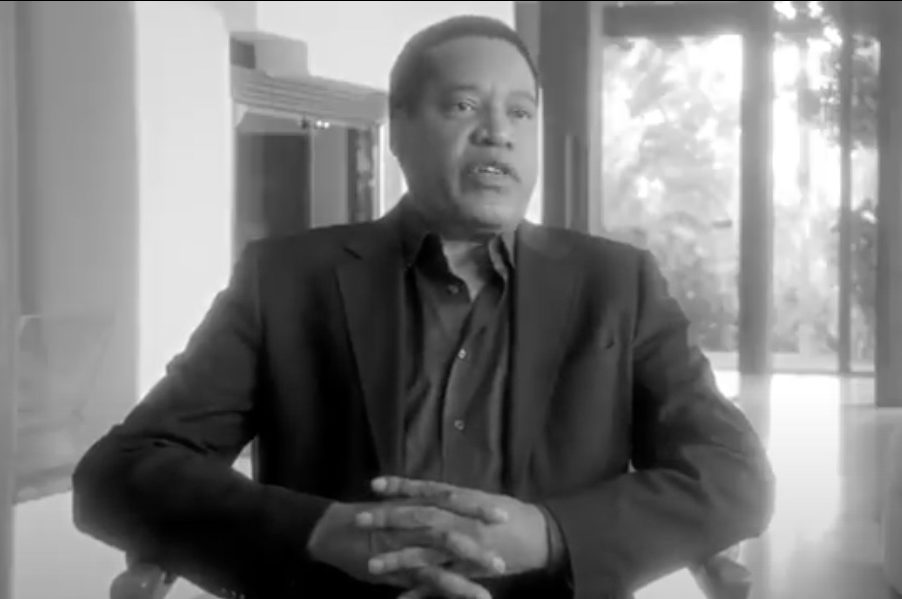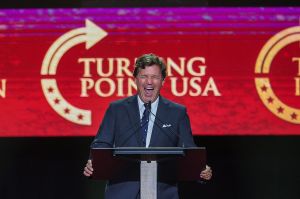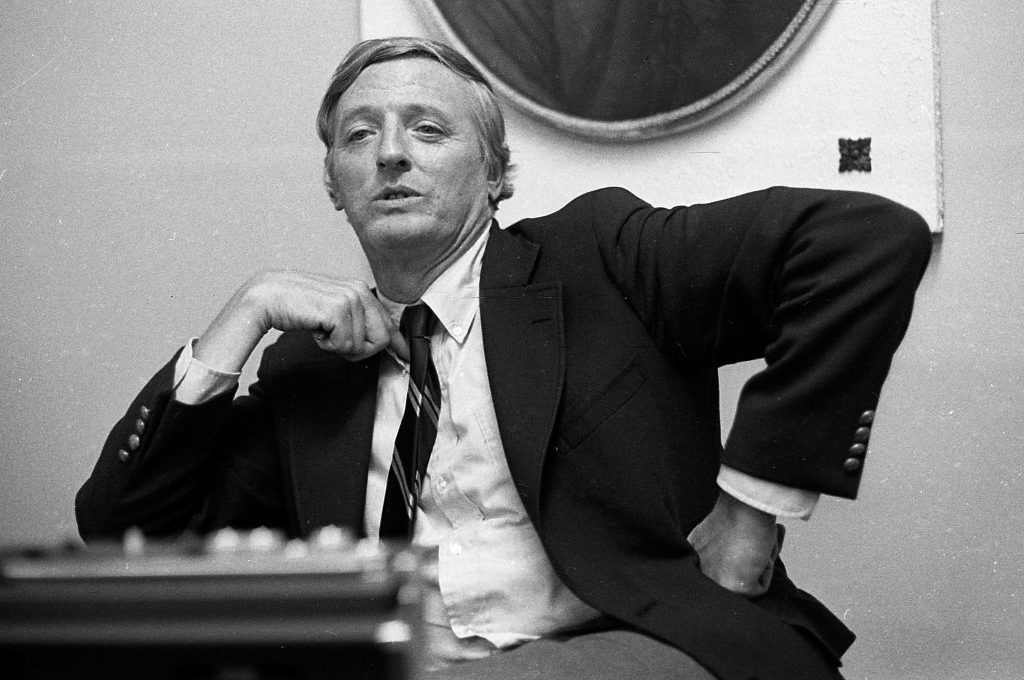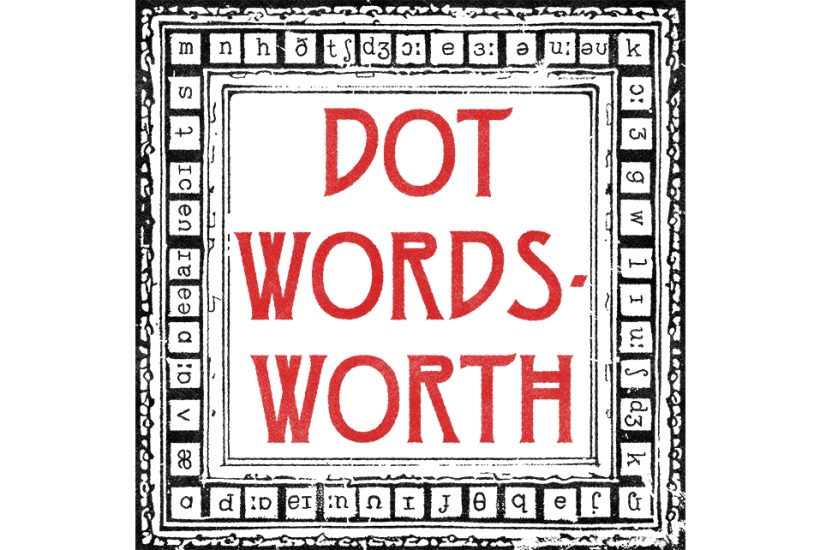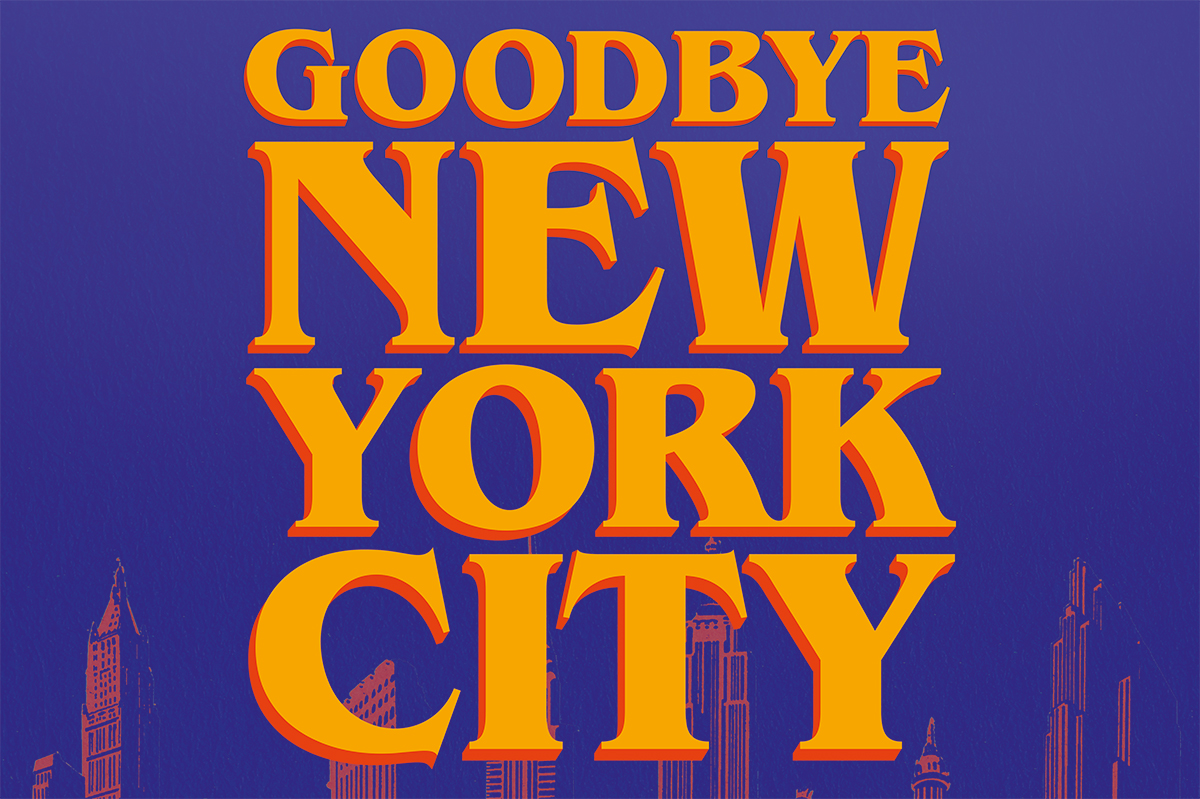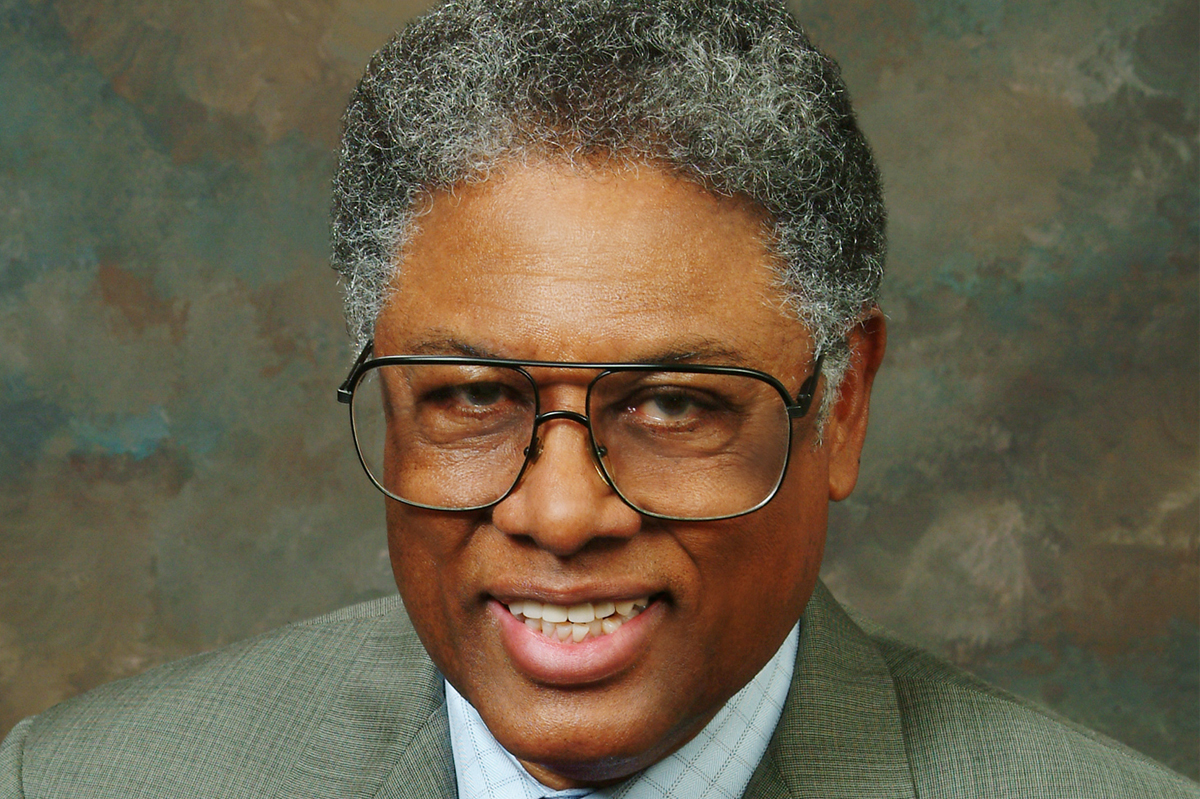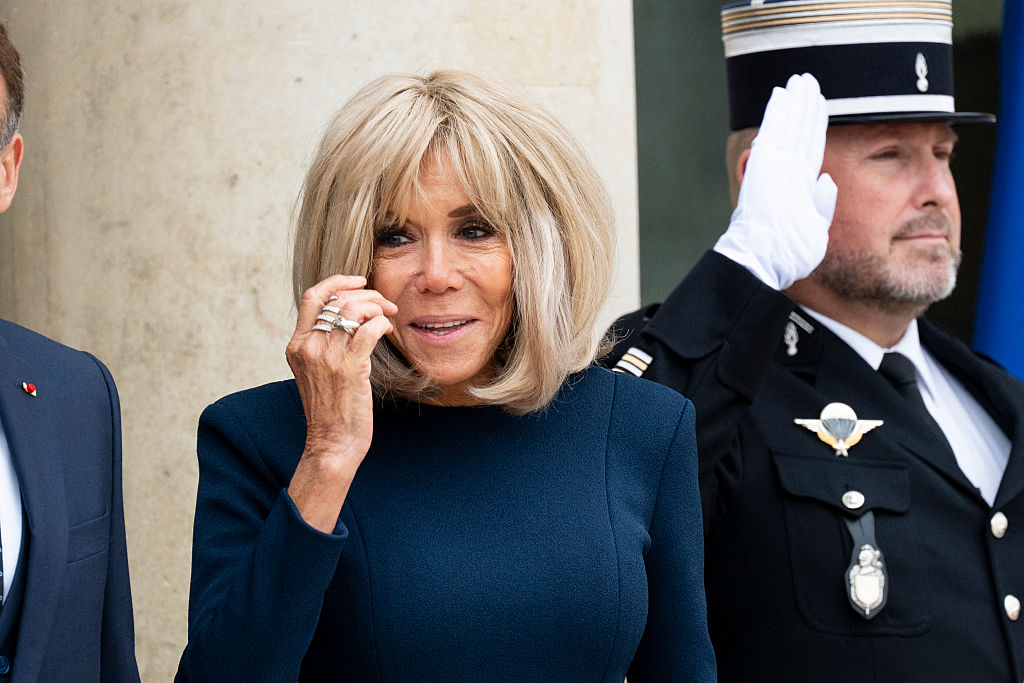Although it finished production months before George Floyd was killed, the documentary Uncle Tom, produced by Larry Elder, has been released bang in the middle of the Black Lives Matter protest explosion.
But in the face of this unrest, Uncle Tom — which bills itself as ‘an oral history of the American black conservative’ — shows a side of the African-American community that is often overlooked by the media.
The title is part tongue-in-cheek. As an epithet, ‘Uncle Tom’ is often used to pejoratively describe black Americans who diverge from the political left, which has long been seen as the natural home for the African American vote. But black America is hardly a monolith, and Uncle Tom traces black conservative thought back to the early days of Reconstruction, making a portrait of a rich political tradition that is too often overlooked in favor of its more radical alternatives.
In so doing, the film illuminates a long-standing division about how to understand the African American story.
Modern commentators often argue that America’s historic mistreatment of its black minority means that America was founded on injustice. But Uncle Tom offers a different view. It subscribes to Martin Luther King Jr.’s famous view that the founding was ‘a promissory note to which every American was to fall heir’. In doing so, the film’s more nuanced, optimistic conception of America — and in particular, the place of blacks in it — stands in sharp contrast to the racial pessimism of our contemporary politics.
One proxy for the debate over these contrasting conceptions of African-American history, featured prominently in Uncle Tom, is the fierce disagreement between Booker T. Washington and W.E.B. Du Bois, two early luminaries of the African American intellectual tradition. Washington, born a slave, was an early proponent of black self-determination through education and business ownership; Du Bois was an avowed socialist who eventually renounced his American citizenship.
The collection of black conservatives featured in Uncle Tom place themselves firmly on the side of the former. Their view stems from a certain reverence for the radical belief in the dignity of the human individual that forms the foundation of the American experiment. In contrast to the popular conceptualization of the republic’s progress on race as occurring in spite of our origins, Uncle Tom posits that our continued quest for a more perfect union has always been the direct result of it.
America’s strides towards greater racial equality were the result of ‘a movement that challenged America to embrace its ideas’, says Pastor Stephen Broden, one of the film’s many interviewees. ‘To hold our society, America, to the principles that were found in the Constitution. That’s what the Civil Rights movement was all about.’
In this way, Uncle Tom is surely a welcome contribution to our political discourse. In an era where America’s national pride is in freefall, energetic defenses of the American project are sorely needed.
[special_offer]



